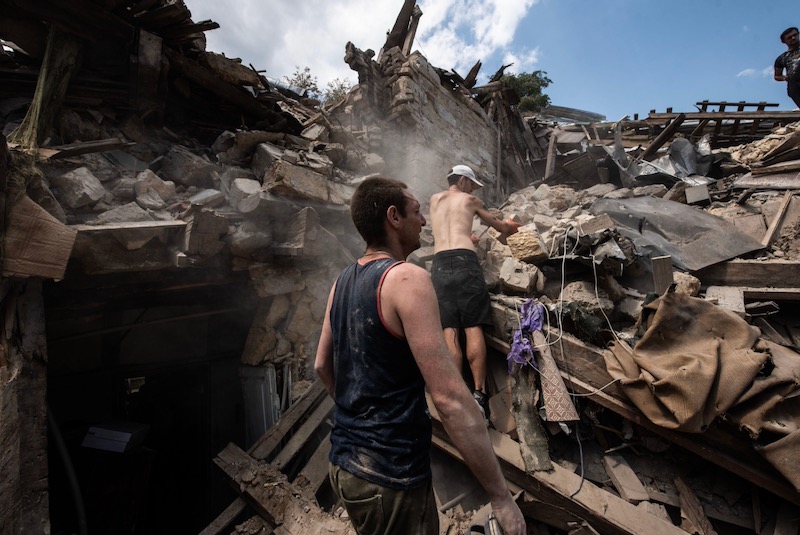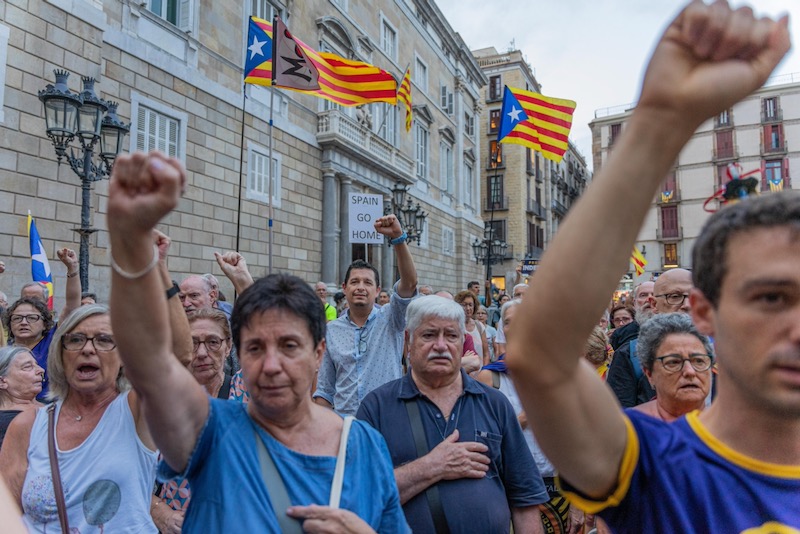Spanish Church leaders have urged politicians to be ready to co-operate after Sunday’s parliamentary election, in which neither the conservative opposition Partido Popular nor premier Pedro Sanchez’s Socialist party (PSOE) secured enough votes to form a government.
“This result calls for dialogue and agreement, and these demand a lofty vision by political leaders,” the Bishops Conference general secretary, Bishop Francisco César García Magán, said in a statement on Monday.
“Agreements should be created looking not at partisan advantage but at the civic good. It is important that all citizens remain involved in constructing the common good, creating the social fabric through social awareness.”
The bishop, a Toledo auxiliary, was reacting to a preliminary count from the Sunday ballot, which gave the PP 136 seats and the PSOE 122 in the 450-member Cortes, with the far-right Vox and far-left Sumar parties each claiming 33 and 31 seats respectively.
Meanwhile, another bishop described the deadlock as “diabolical” and asked Catholics to pray that politicians would “put themselves in the presence of God”.
“I also request prayers for King Felipe VI, who has a constitutional duty to entrust the formation of a government to one of the candidates,” Bishop José Ignacio Munilla of Orihuela-Alicante told his diocese’s Catholic radio. “There are, however, certain things which only God can resolve. What does Spain need with a panorama as fractured as the one we saw in these elections?”
Sanchez brought the elections forward from December to 23 July after the PP and Vox scored substantial gains in May local voting, which was widely seen as a de facto referendum on his radical left-wing coalition government, in power since January 2020 on a programme of liberal reforms.
In a June statement, Spain’s Catholic bishops warned of “polarisations and tensions” and a “growing social disengagement” across the country and said Christians were called to “open doors, give life, alleviate loneliness and heal souls” art a time when many citizens faced “severe social exclusion” and “psycho-emotional deterioration”.
Meanwhile, Catholic opponents of the Sanchez government said they counted on steps to reverse some aspects of recent legislation, liberalising abortion and state-funded euthanasia, and permitting 16-year-olds to re-register their gender via a court declaration.
In a weekend message, Bishop Demetrio Fernández of Córdoba urged Catholics to be guided by the Church’s social doctrine in deciding how to vote, especially taking account of “respect for life in all its phases” as well as issues from euthanasia to “care of creation”.
Meanwhile, Spain’s Catholic Schools association, Escuelas Católicas, called on Monday for an incoming government to renegotiate the country’s controversial 2020 Education Law, which downgraded religious teaching and restricted state funding for Catholic schools.
Although 53.7 percent of Spain’s 47 million inhabitants still identify as Catholics, according to March data, religious vocations and Mass attendance have dropped sharply across the Church’s 70 dioceses and 23,000 parishes, while well over half of all 18-34 year-olds currently declare themselves non-religious.



 Loading ...
Loading ...